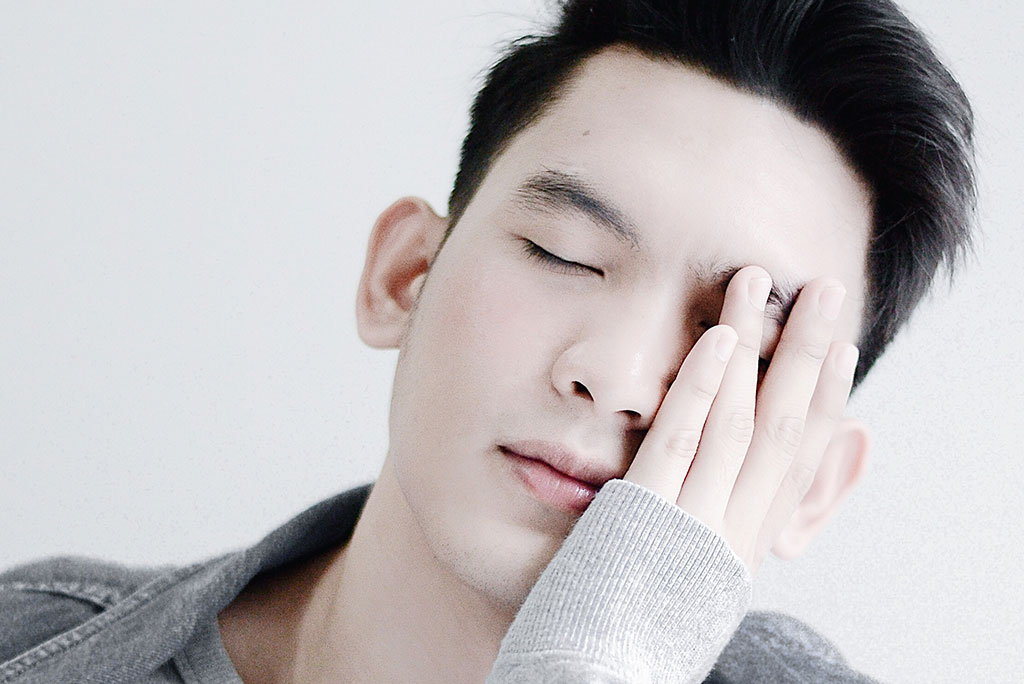Our fast paced and extremely competitive lifestyle has led people in our society to deal with the repercussions stress and anxiety has on the body, including our teeth.
Valley Family Dentistry has received many patients in the last year with symptoms related to TMJ dysfunction due to clenching and grinding their teeth during their sleep.
TMJ, medically known as temporomandibular joint dysfunction is clicking, popping, soreness, and discomfort in the jaw area. The alarming thing is that a lot of us may not be aware we are clenching or grinding our teeth at night. Believe it or not, we all do it but some of us do it way more than others or more often.
Another symptom that may be a sign you are suffering from TMJ dysfunction, besides the obvious soreness of the jaw joint, is unexplainable headaches. In many cases, without routine dental visits and examinations, patients will attribute their headaches to everything else but teeth.
Because handfuls of people are entering VFD with chronic jaw and tooth pain, we’re starting to realize a widespread underlying issue of stress. Although we are unsure why people are consistently distressed, it’s imperative to recognize the implications of TMJ dysfunction before a dental emergency occurs.
Before a TMJ dysfunction diagnosis patients at VFD start their dental examination rule more serious dental conditions out. After, we compare their symptoms to TMJ dysfunction sufferers and patients are surprised to discover they too have been clenching or grinding consistently or constantly and that it’s causing trauma to their teeth.
Here is where it’s important to recognize if the one tooth, or coupled teeth that are being affected are restored, it won’t get to the root of the problem.
Restoration consists of a filling or a crown, but if the root of your TMJ dysfunction isn’t handled properly the crown ends up falling off, coming loose or the teeth themselves end up aching. And as your primary dental advocate, not taking the time to fully examine you is going to treat the symptom but not the problem.
For your comfort and optimum results VFD wants to avoid you coming back with more pain or saying the pain hasn’t gone away. As part of the initial TMJ dysfunction treatment we start a non invasive night guard or a split. Many patients say they feel so much better even after a couple of days. However, if not worn consistently would cause symptoms to persist.
We always treat patients case by case because we know everyone is different, but we do always try to start with a non-invasive approach. Rest assured that struggling with TMJ dysfunction does not mean we are going to start cutting on teeth right away.
Valley Family Dentistry also aims to treat the underlying problem of our patients and not just the symptom. Finding a little more about our patient’s personal life is a great indicator of whether stressors in their life have been causing clenching and grinding at night. Asking patients questions like , “What do you do for a living; Are you a parent?; Do you work from home?” We ask these questions because we know different stages of life will create different milestones that come with trials.
People who are prone to TMJ dysfunction are college students, particularly around midterm or finals season, or professional students like law students or students in medical school. We constantly remind people undergoing stressful situations to wear their night guards, especially during tense seasons like tax season and Christmas.
If you have symptoms that are associated with clenching and grinding, you may want to schedule an appointment with Valley Family Dentistry to rule out TMJ dysfunction. We’re more than happy to have you! Please don’t struggle another night with the aches and pains associated with the condition. Visit us today!
Valley Family Dentistry
The Reese
202 S 1st St. Ste #102
Harlingen, TX 78550
(956)423-0191

